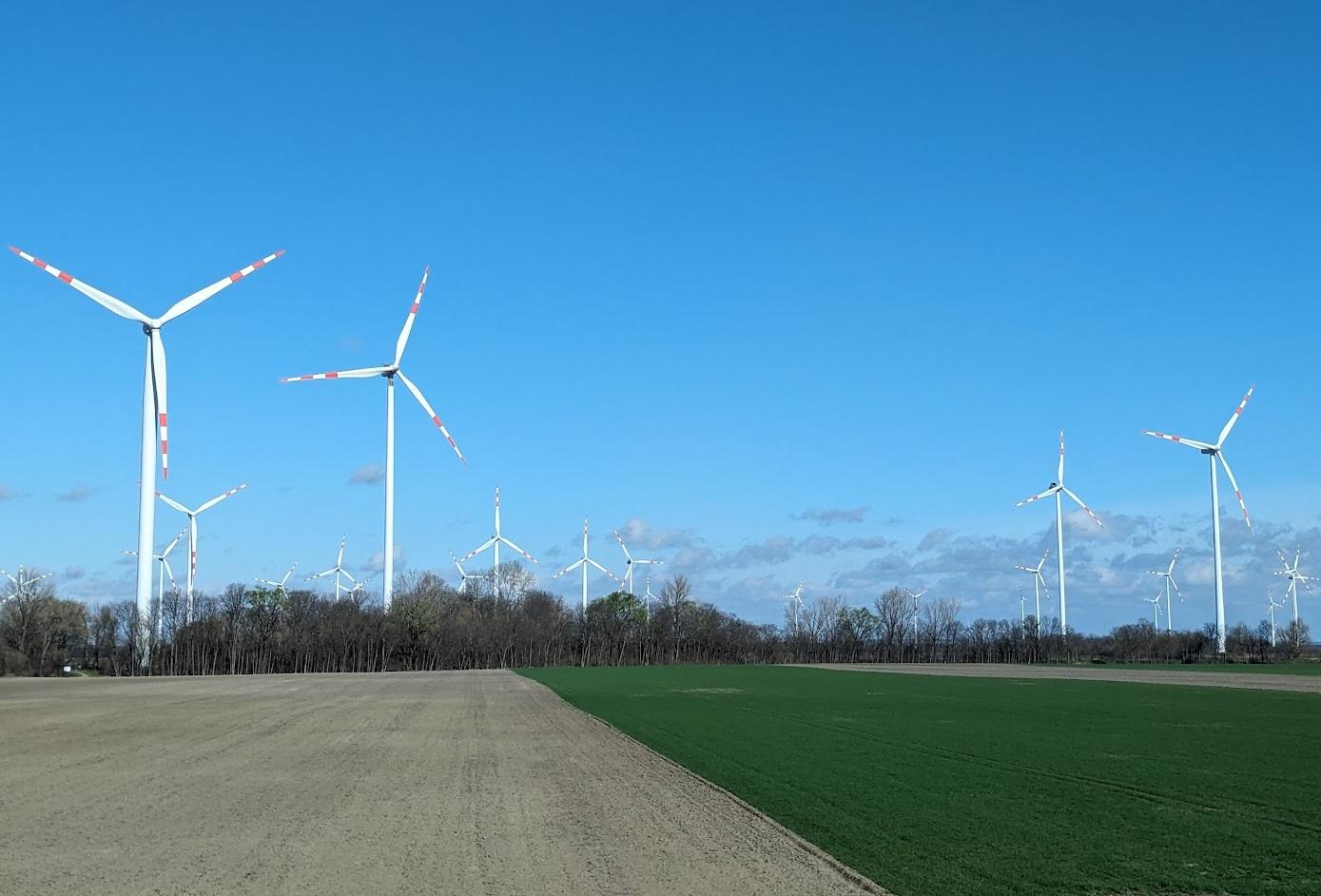This Week in ESG News: Key Developments and Trends
The world of Environmental, Social, and Governance (ESG) continues to evolve rapidly, with significant developments emerging across various sectors. This week, we witnessed a flurry of activity, from major corporate initiatives to legislative advancements and investment trends. Here’s a detailed look at the highlights shaping the ESG landscape.
Microsoft’s New Supplier Decarbonization Team
In a bold move to tackle emissions associated with its cloud and AI services, Microsoft has launched a new supplier decarbonization team. This initiative aims to work closely with suppliers to reduce their carbon footprints, reflecting Microsoft’s commitment to sustainability and responsible sourcing. By focusing on the supply chain, Microsoft is addressing a critical area where emissions can be significantly reduced, thereby enhancing its overall sustainability profile.
Competition in Clean Energy and Carbon Capture Projects
The race for clean energy has intensified, particularly among data centers, leading to the suspension of a significant carbon capture project by CarbonCapture. The competition for renewable energy sources has forced the company to pause its megaton carbon removal initiative, highlighting the challenges faced by innovative solutions in a rapidly changing energy landscape. This situation underscores the need for strategic planning and collaboration in the clean energy sector.
EcoVadis Expands Human Rights Analytics Capabilities
In a strategic acquisition, EcoVadis has purchased Ulula, a human rights analytics provider. This move enhances EcoVadis’s ability to assess and report on human rights practices within supply chains, a critical aspect of ESG reporting. By integrating Ulula’s expertise, EcoVadis aims to provide more comprehensive insights into social responsibility, helping companies navigate the complexities of human rights issues in their operations.
Transition Funds Outpacing Sustainability Funds
A recent report from the European Securities and Markets Authority (ESMA) reveals that investment flows into transition-focused funds have doubled those into traditional sustainability funds. This trend indicates a growing recognition of the importance of transitioning to a low-carbon economy, as investors seek opportunities that not only promise returns but also contribute to environmental goals. This shift could reshape the investment landscape, encouraging more companies to adopt transition strategies.
Australia’s Climate Disclosure Law
In a significant legislative development, the Australian Senate has passed a new mandatory climate disclosure law. This law requires companies to disclose their climate-related risks and strategies, aligning with global efforts to enhance transparency and accountability in corporate sustainability practices. The move is expected to bolster investor confidence and drive companies to adopt more robust climate strategies.
New Sustainable Investment Products
Several financial institutions have launched innovative sustainable investment products this week. BNP Paribas, Candriam, SEB, and Robeco have introduced new funds and ETFs that focus on sustainability leaders and climate transition. These products reflect a growing demand for investment options that align with ESG principles, providing investors with opportunities to support sustainable businesses while pursuing financial returns.
Collaboration in Hydrogen Fuel Cell Technology
In an exciting development for the automotive industry, BMW and Toyota have announced a collaboration to develop hydrogen fuel cell electric vehicles (FCEVs). This partnership aims to leverage both companies’ expertise in hydrogen technology, potentially accelerating the adoption of FCEVs as a viable alternative to traditional electric vehicles. This collaboration highlights the importance of innovation and cooperation in achieving sustainable transportation solutions.
Volvo’s Shift in Electrification Goals
Contrasting with the positive momentum in the industry, Volvo has announced a pullback on its electrification and carbon reduction goals. This decision raises questions about the challenges automakers face in meeting ambitious sustainability targets amid market pressures and technological hurdles. It serves as a reminder of the complexities involved in transitioning to a sustainable future.
Nasdaq’s Clean Energy Tax Credit Market Access
Nasdaq has made strides in promoting clean energy investments by providing access to the clean energy tax credit market. In collaboration with sustainable fintech company Crux, Nasdaq aims to facilitate investment in renewable energy projects, further supporting the transition to a low-carbon economy. This initiative is expected to attract more investors to the clean energy sector, driving innovation and growth.
Capital Raises for Sustainable Solutions
The week also saw significant capital raises for various sustainable initiatives. Cleantech startup Mantel raised $30 million to scale its industrial carbon capture solution, while TPG acquired Miratech, a company focused on industrial emissions reduction technology. Other notable raises include $82 million for sustainable battery materials producer 6K and $40 million for Last Energy, a startup developing micro-nuclear power plants. These investments reflect a growing interest in technologies that can drive decarbonization across industries.
Conclusion
As we reflect on the week’s developments in ESG news, it is clear that the momentum towards sustainability is gaining traction. From corporate initiatives and legislative advancements to innovative financial products and collaborations, the landscape is evolving rapidly. Stakeholders across sectors must remain vigilant and proactive in addressing the challenges and opportunities presented by this dynamic environment. The journey towards a sustainable future is complex, but with continued commitment and innovation, significant progress can be achieved. For more updates on ESG news, stay tuned to ESG Today.

